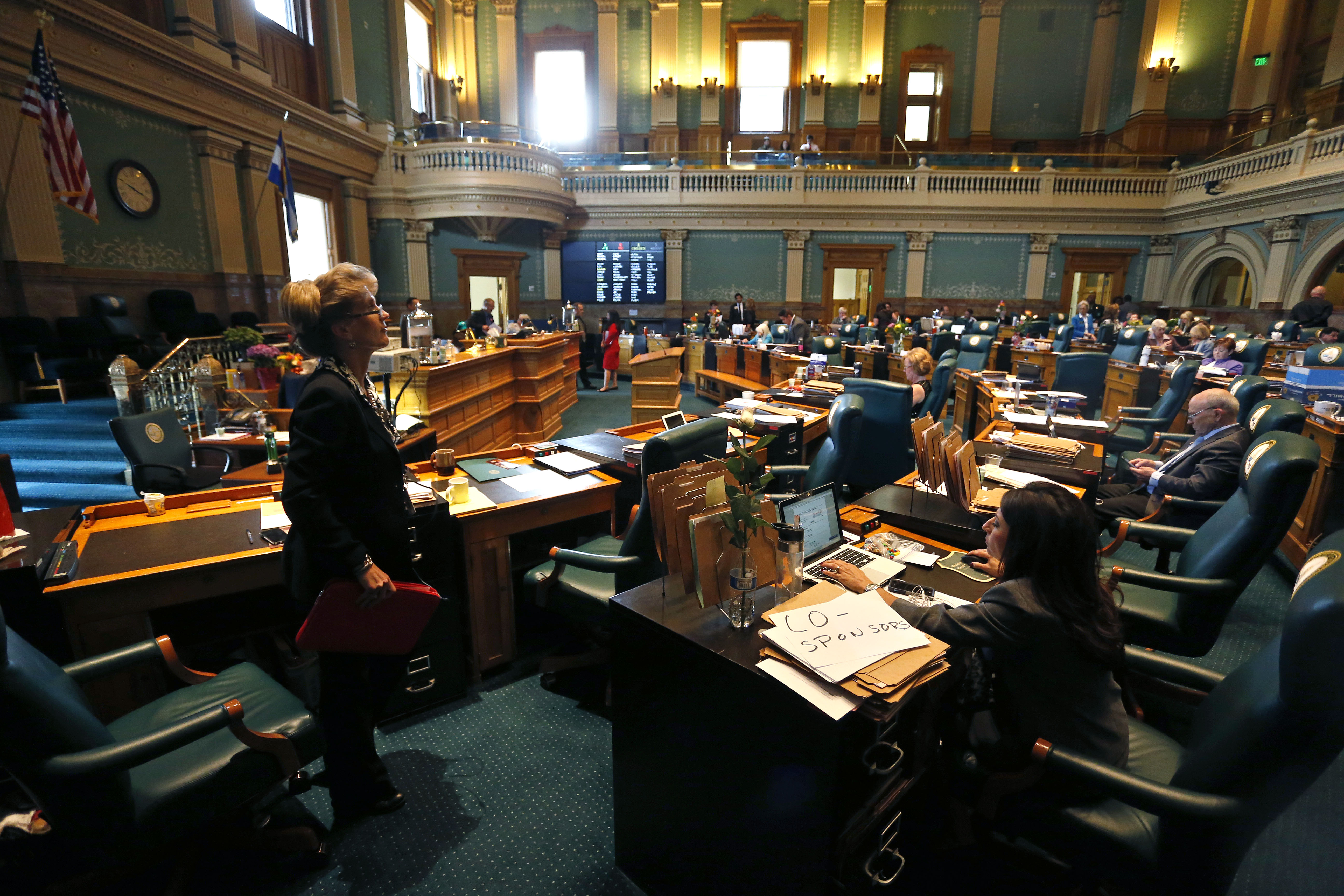
In the hours before Senate President Bill Cadman gaveled out the 2015 legislative session Wednesday, both chambers managed to pass several important bills including a measure to reduce student testing.
The bill earned bipartisan support but was criticized by some lawmakers who wanted more tests dropped.
Parent activists and students demanded fewer tests, arguing they cut too much into classroom instruction time. The final legislative package drops the time students spend testing from Kindergarten to 12th grades from 137 hours to 102. That’s only the time spent on state tests – students still have many district tests.
Some lawmakers called the process of crafting a compromise measure “arduous” and the most “challenging” work they’d done this session.
"Even if it’s not what everybody wanted, there will be less tests," said Sen. Morgan Carroll, D-Aurora. "There will be improvements to current law."
The bill eliminates state testing in 11th and 12th grades, streamlines early literacy testing and allows schools to let kids take tests using paper and pencil. Parents will be able to out their children out of tests without consequences to the student, though teachers and schools will still face penalties.
Red light camera bills go to Hickenlooper
Gov. John Hickenlooper played an active role in negotiating the testing compromise. But he may be less happy with another policy headed toward his desk. Two anti-red light camera bills passed Thursday. Hickenlooper has said he supports cameras as a tool to improve traffic safety.
The Senate version of the bill bans red light cameras entirely. The House measure requires local governments ask their voters if they can keep using cameras. Both measures had bipartisan support.
It’s unusual for two such similar measures to make it all the way through the process, but supporters say the goal is to demonstrate how strongly opposed lawmakers are to red light cameras. Critics say they’re a money grab and violate drivers’ civil rights.
Hickenlooper has not taken a position on whether the public should get to vote them.
Utility watchdog survives
The last day of session had its partisan moments. Democrats and Republicans differed sharply on a bill to continue an office that represents utility customers. Republicans successfully removed telecommunications from the Office of Consumer Counsel's advocacy duties. And Democrats had to accept the change, or risk shutting down the office entirely.
CPR's Jenny Brundin contributed to this report.









